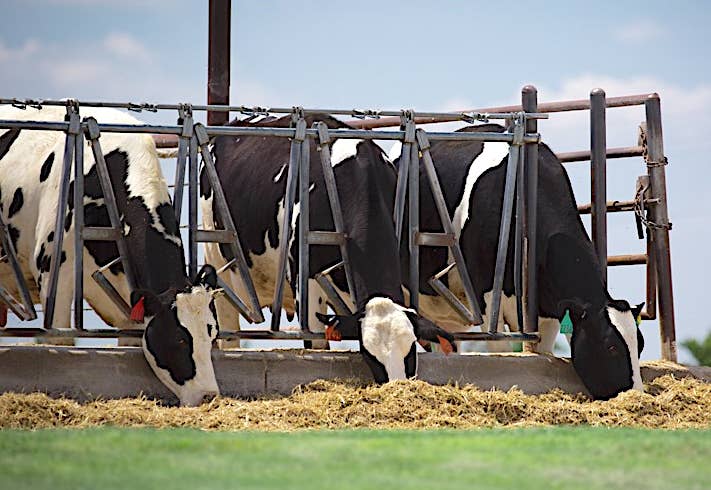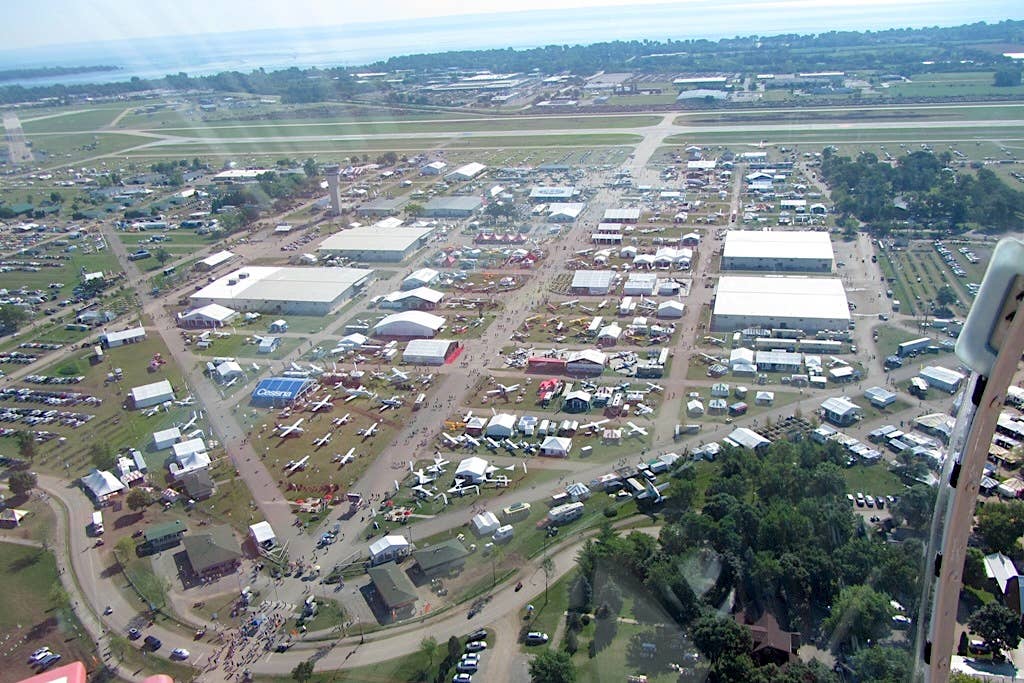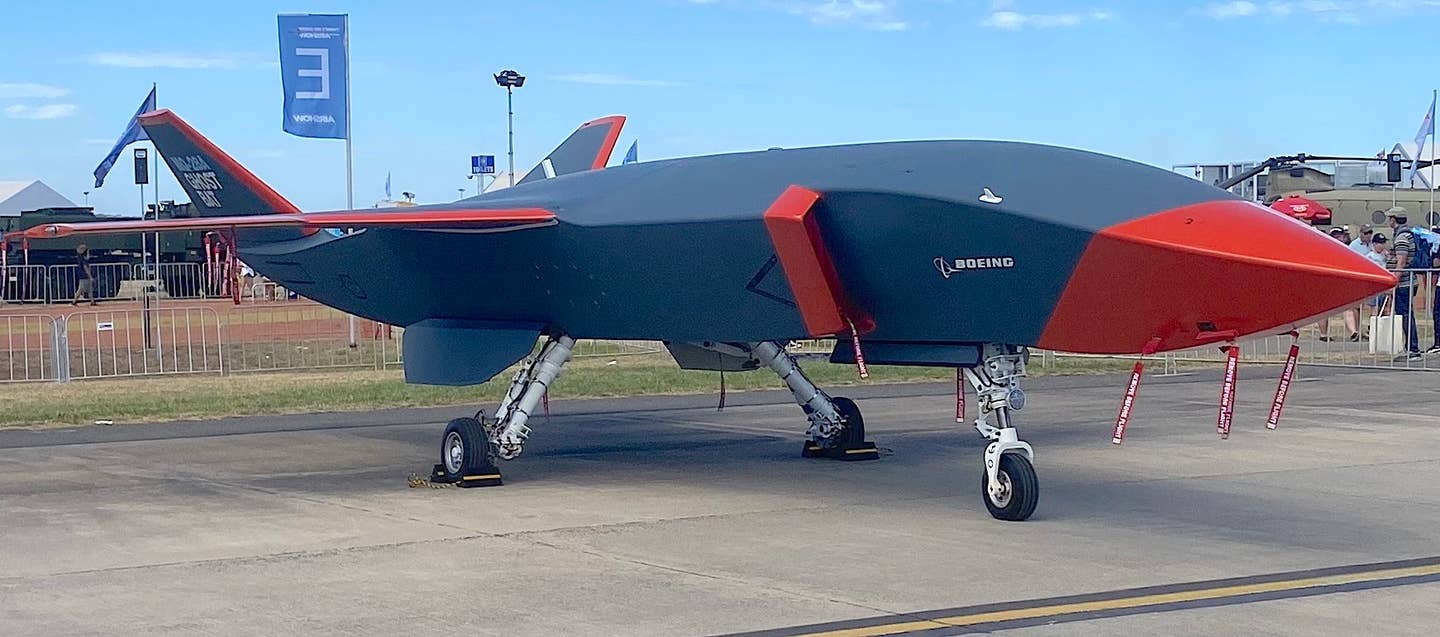DOE Explores A New Source For SAF Feedstock
An unlikely, and ironic, source could lower the cost of sustainable fuel.

Photo: Dairy Farmers of America
Skeptics maintain that sustainable aviation fuel (SAF) is an idea founded on—bovine excrement. Now the U.S. Department of Energy’s (DOE) Argonne National Laboratory has developed a technology that might prove them right. But not in the way they think.
A report yesterday (Oct. 14) in the Michigan Farm News reveals that the DOE program, rather than relying on leftover cooking fat, oil and grease, postulates that methane digestion creates a more cost-competitive source for SAF. To that end, the Argonne Lab scientists look to using carbon-rich wastewater from dairy farms (and breweries, for other reasons) as feedstock for SAF production.
The study author at Argonne, Taemin Kim, said that the energy savings come in two ways. “Both [dairy farms' and breweries'] wastewater streams are rich in organics, and it is carbon-intensive to treat them using traditional wastewater treatment methods. By using our technology, we are not only treating these waste streams, but [also] making low-carbon sustainable fuel for the aviation industry.”
Though SAF has been shown to have the potential to reduce aviation’s net carbon emissions by as much as 70%, the high cost to produce it has been a negative factor in adopting the new fuel. The Argonne study is seen as a step on the road to reducing the cost of SAF at the pump. According to the DOE, “Producing SAF that is more energy efficient, cheaper, and cost-competitive with fossil-based jet fuel is critical to widespread commercial use.”






